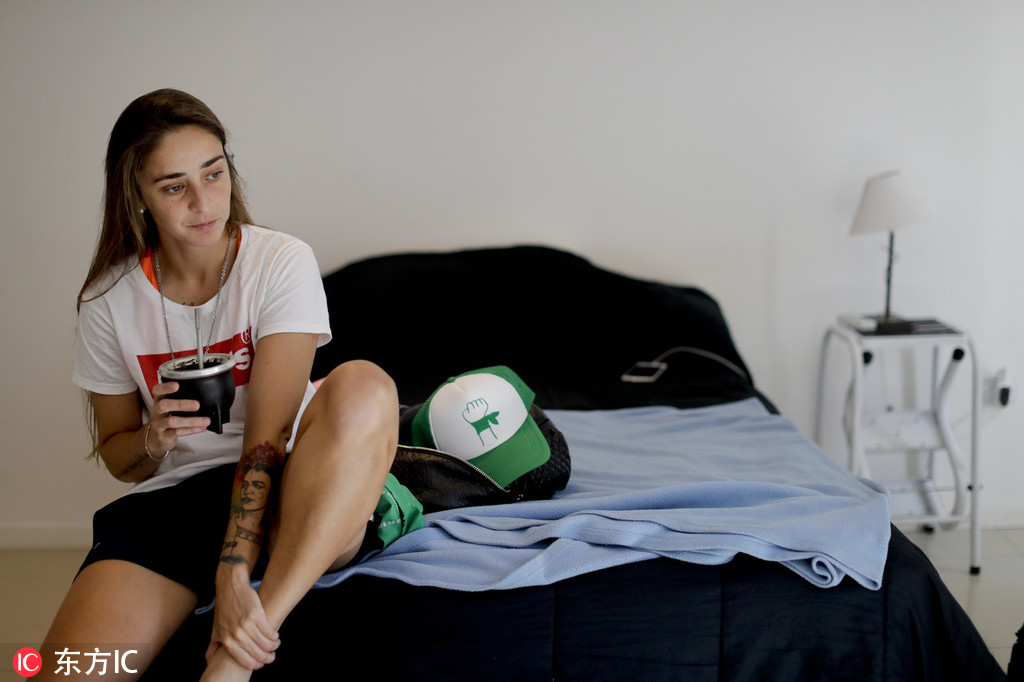Argentine women waging pitch battle against inequality


One player's fearless fight to professionalize female game is striking a resounding chord
Almost 90 years after men's soccer turned professional in Argentina, the women's game is still being played by amateur athletes who get little or no money for their work on the field.
Macarena Sanchez wants to change that - now.
The 27-year-old is taking legal action against her club and the Argentine Football Association in an effort to gain professional status. The case could set a precedent in a nation that is home to Lionel Messi and some of the world's greatest players, but where soccer is still largely seen as a men-only game.
"The goal is to be recognized as a professional soccer player, so it can open the doors for other women to enjoy the benefits of earning a living from what we love," Sanchez told Associated Press.
Sanchez' introduction to soccer came when she was 5, watching her father play with friends on weekends in the province of Santa Fe, the birthplace of Messi, Gabriel Batistuta and Jorge Valdano. With her father's encouragement, she polished her skills at a local club.
During a friendly game in Buenos Aires in 2012, the coach of UAI Urquiza asked her to join his club, considered one of the best in South America.
"That year, we won the Argentine championship for the first time in the club's history," she said. "And then we won the championship three more times."
Sanchez also competed in three Copa Libertadores tournaments, the premier women's event in the South American region. But on Jan 5, she got a call from her coach - one she didn't expect.
Sanchez said he didn't provide any specifics, he just said she was being let go because of a "soccer-related decision."
For years, Sanchez had received a small stipend and worked an administrative job at Urquiza. The news that she was no longer welcome came mid-season, so she wasn't able to join another club.
After consulting with her sister, who is an attorney, she decided to launch her complaint seeking compensation and the professionalization of women's soccer.
"It's not easy to be the first woman to launch legal action against the Argentine soccer federation," Sanchez said. "I've had to carry a heavy burden, but the collective goal won. It won because I want to see many girls who in the future can enjoy being professional. That's my dream."
Urquiza officials declined to comment and the interim head of the Argentine federation's women's soccer committee could not immediately be reached.
Sanchez has, however, received strong support from FIFPro, an international organization that represents professional soccer players around the world.
"Macarena is part of a generation of leading women players in South America who are fed up with receiving derisory treatment," FIFPro said in a statement.
























